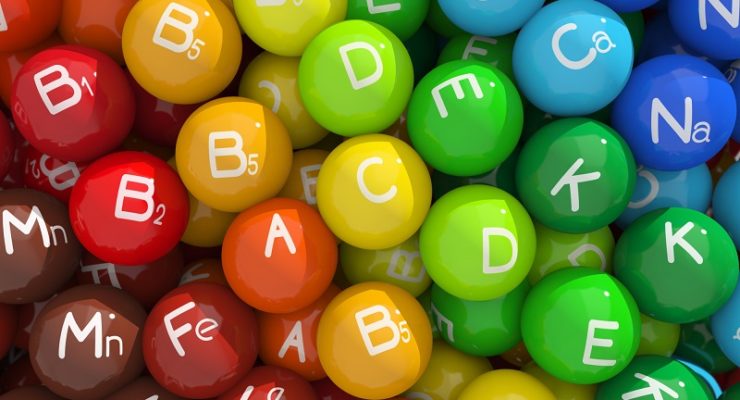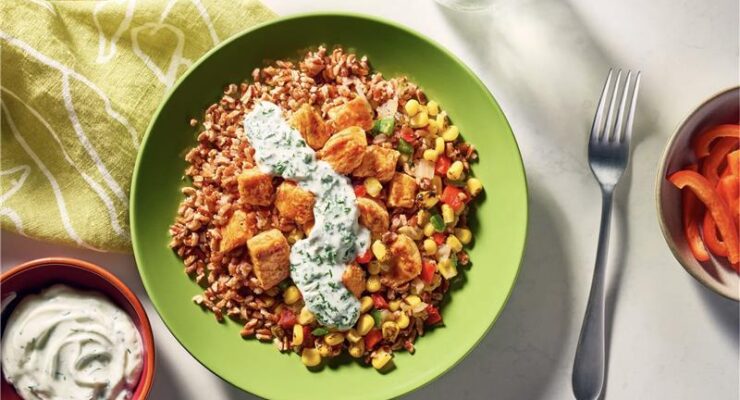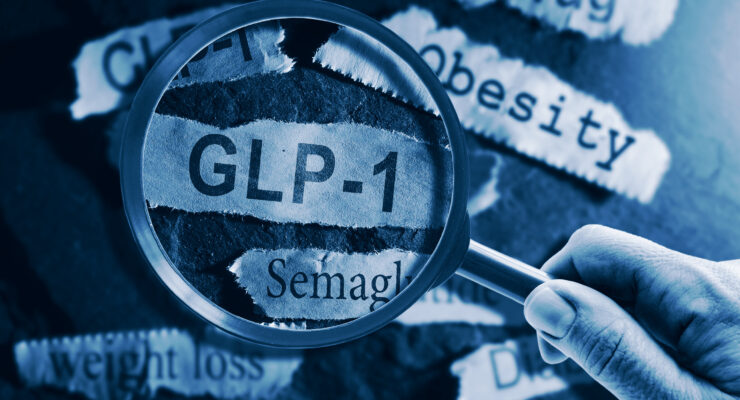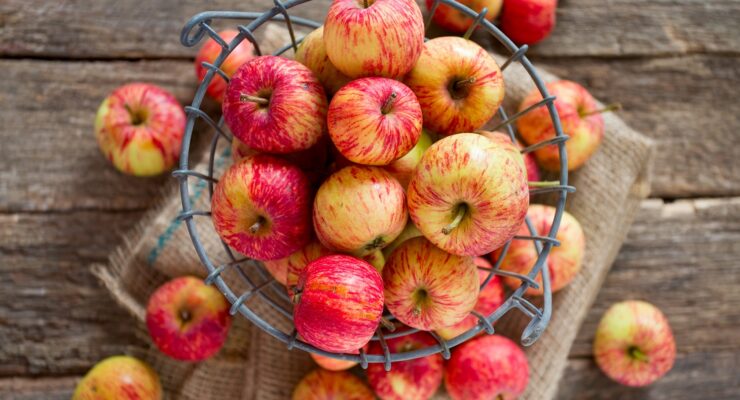10 Signs You May Be Experiencing Iron Deficiency
Article posted in: Diet & Nutrition
Do you often feel fatigued even when you’re well-rested? Are your hands and feet always cold? Are your nails very brittle? You might be experiencing an iron deficiency. Iron deficiency is the world’s most common nutritional deficiency—it affects approximately 10 million people in the United States, five million of which have the clinical condition called anemia. Women, especially when pregnant, vegetarians and vegans, and those with gastrointestinal ailments such as celiac disease are most likely to suffer from iron deficiency, according to Cold Spring Harbor Perspectives in Medicine. People who are obese also have a higher risk of iron deficiency, according to a recent study published in the scientific journal Nutrients.
Your body needs iron to produce key proteins in red blood cells, which deliver oxygen from your lungs to your muscles and other tissues. Your body doesn’t make its own iron so you must get it from your diet. A variety of factors can inhibit your body from absorbing iron from your food, which is one reason the deficiency is so widespread even among people who have healthy diets.
So how can you tell if you’re experiencing an iron deficiency?
These 10 signs are indicators that you may be experiencing iron deficiency:
- Persistent lack of energy
- Pale skin
- Lips cracking, especially at the sides of your mouth
- Brittle nails
- Constant cold hands and feet
- Swelling or soreness of your tongue
- Dizziness and difficult concentrating
- Restless leg syndrome
- Shortness of breath
- Chest pain
The U.S. Food and Nutrition Board Dietary Reference Intakes for iron is six milligrams per day for men, eight milligrams for women up to the age of 50, five milligrams daily for women older than 50 and 22 milligrams for pregnant women. Just because you don’t notice any of the symptoms doesn’t mean you’re getting enough iron. If you are among those with high risk factors, your doctor may order a complete blood count, a definitive test that measures your red blood cell and hemoglobin levels. Severe cases of iron deficiency are diagnosed as anemia. Of the more than seven different types of anemia—or insufficient amount of red blood cells—one is a direct result of iron deficiency, according to the Mayo Clinic.
Iron deficiency anemia may result when you chronically lose blood, such as through menstruation, peptic ulcers, hiatal hernias and other conditions. Pregnant women are susceptible to gestational anemia because their iron supply needs to serve both their own increased demand for red blood cell and at the same produce hemoglobin for the growing fetus.

Iron from food is absorbed into your bloodstream in your small intestine. Intestinal disorders that affect your intestine’s ability to take up nutrients from digested food can lead to iron deficiency anemia. If part of your small intestine has been bypassed or removed surgically, that inhibits your ability to absorb iron and other nutrients, too.
The most important way to prevent iron deficiency is to eat foods that are rich in the mineral. Iron in food comes in two forms—“heme” and “non-heme.” The former, found in beef, pork, poultry and seafood, is easily absorbed by your body. Non-heme iron is abundant in dairy foods, beans and dark, leafy green vegetables such as spinach and kale, but it is not as readily taken up in your system. Since vegetarians and vegans don’t get the benefits of the available iron in meats, they are at higher risk of iron deficiency. Foods such as coffee, tea and wine also can interfere with absorption of non-heme iron. However, according to American Family Physician, eating citrus fruits and other high-vitamin C items can help your body take up the iron.

If you are experiencing any of the symptoms, tell your physician and discuss whether a complete blood count is warranted.
And to make sure your body has all of the iron it needs, eat a well-balanced diet, including iron-rich dishes from the Nutrisystem menu such as Salisbury Steak with Mac and Cheese and Meatballs in Marinara Sauce. In this case, as in so many others, good food is the best protection for your health.
*Speak to your physician if you have any questions or concerns about your iron intake/status.










